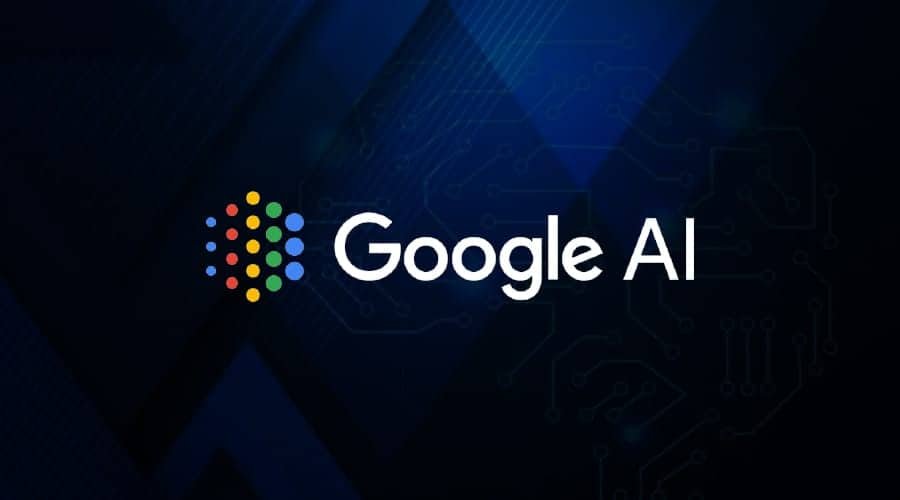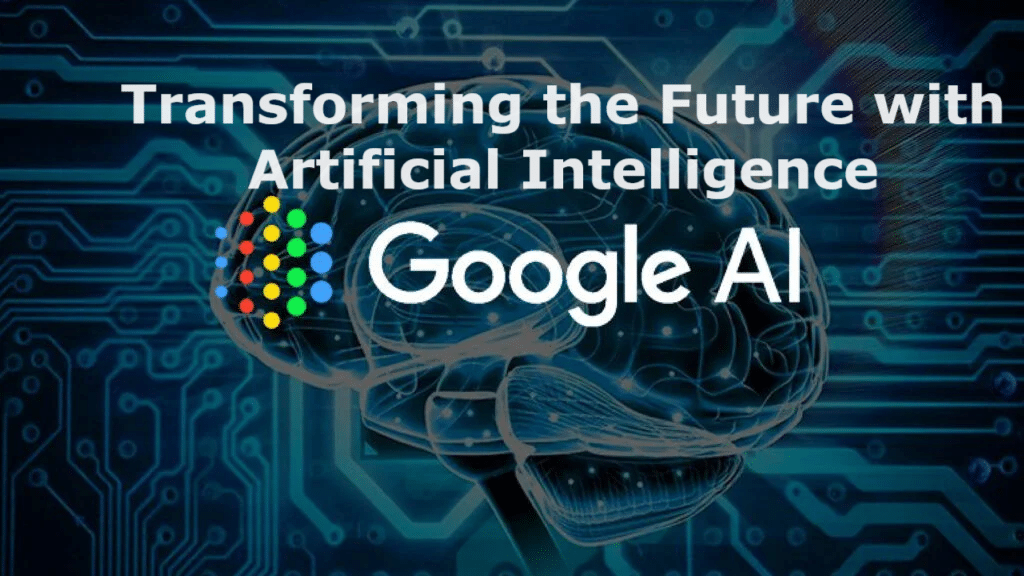Google AI: Transforming the Future with Artificial Intelligence
Introduction to Google AI
Google, one of the tech industry’s foremost innovators, has been at the forefront of Artificial Intelligence (AI) research and development for years. From improving search algorithms to revolutionizing virtual assistants, Google’s AI initiatives have reshaped the digital landscape.
History and Evolution
The story of Google AI is one of continuous innovation and evolution. Since its inception, Google has invested heavily in AI research, leading to significant breakthroughs in machine learning, natural language processing, computer vision, and more. Milestones such as AlphaGo’s victory over a human Go champion and the development of TensorFlow highlight Google’s commitment to advancing AI technologies.
Applications of Google AI
Google AI powers a wide range of products and services, enhancing user experiences and driving innovation. From personalized search results to real-time language translation, AI algorithms are deeply integrated into Google’s ecosystem, making tasks easier, faster, and more intuitive for users worldwide.
Machine Learning and Deep Learning
Machine Learning (ML) and Deep Learning (DL) are foundational to Google’s AI efforts. Google’s research in ML and DL has led to advancements in speech recognition, image recognition, and natural language understanding, enabling smarter and more responsive applications across various domains.
Natural Language Processing
Google’s advancements in Natural Language Processing (NLP) have transformed how we interact with technology. Features like Smart Reply in Gmail and conversational AI in Google Assistant showcase Google’s prowess in understanding and processing human language, making communication more efficient and accessible.
Computer Vision
Computer Vision (CV) is another area where Google has made significant strides. Through projects like Google Photos and YouTube’s automated content moderation, GoogleAI leverages CV technologies to analyze and interpret visual content at scale, enriching user experiences and improving content management.
AI Ethics and Responsibility
As a leader in AI research and development, Google recognizes the importance of ethical and responsible AI practices. From promoting fairness and transparency in AI algorithms to addressing biases and potential misuse, Google is committed to ensuring that AI technologies benefit society while minimizing harm.
Google AI for Social Good

Beyond commercial applications, Google AI is also harnessed for social good. Projects like Google Flood Forecasting Initiative and Google Health’s medical imaging research demonstrate Google’s efforts to leverage AI for addressing global challenges and improving quality of life.
Challenges and Controversies
Despite its transformative potential, GoogleAI faces challenges and controversies. Issues related to privacy, data security, algorithmic bias, and potential job displacement are areas of concern that Google continues to address through policy frameworks and ethical guidelines.
Future Directions
Looking ahead, Google envisions a future where AI powers even more intelligent, personalized, and assistive experiences across its products and services. Breakthroughs in AI research, coupled with advancements in hardware and infrastructure, are expected to unlock new possibilities and drive further innovation.
Impact on Society
The widespread adoption of GoogleAI technologies has profound socio-economic implications, shaping how we work, communicate, and interact with the world around us. While AI presents opportunities for efficiency and productivity, it also raises questions about privacy, inequality, and the future of work.
Collaborations and Partnerships
Google collaborates with a diverse array of partners, including academic institutions, industry leaders, and non-profit organizations, to advance AI research and applications.
These partnerships foster knowledge sharing, interdisciplinary collaboration,
and collective efforts towards solving complex challenges.
Consumer Adoption and User Experience
User acceptance and adoption of Google AI products play a crucial role in driving innovation and shaping future developments.
By delivering seamless and intuitive user experiences,
Google AI enhances productivity, creativity, and engagement across diverse user demographics.
Competitive Landscape
In a rapidly evolving AI landscape, Google faces competition from other tech giants, startups, and research institutions.
However, Google’s deep expertise, vast resources, and collaborative approach position it as a leader in AI research and development.
Conclusion
In conclusion, Google AI stands as a testament to the transformative power of artificial intelligence in shaping the future of technology and society.
With its rich history of innovation, commitment to ethical principles, and relentless pursuit of excellence,
Google continues to push the boundaries of what AI can achieve, driving progress and empowering people around the world.




